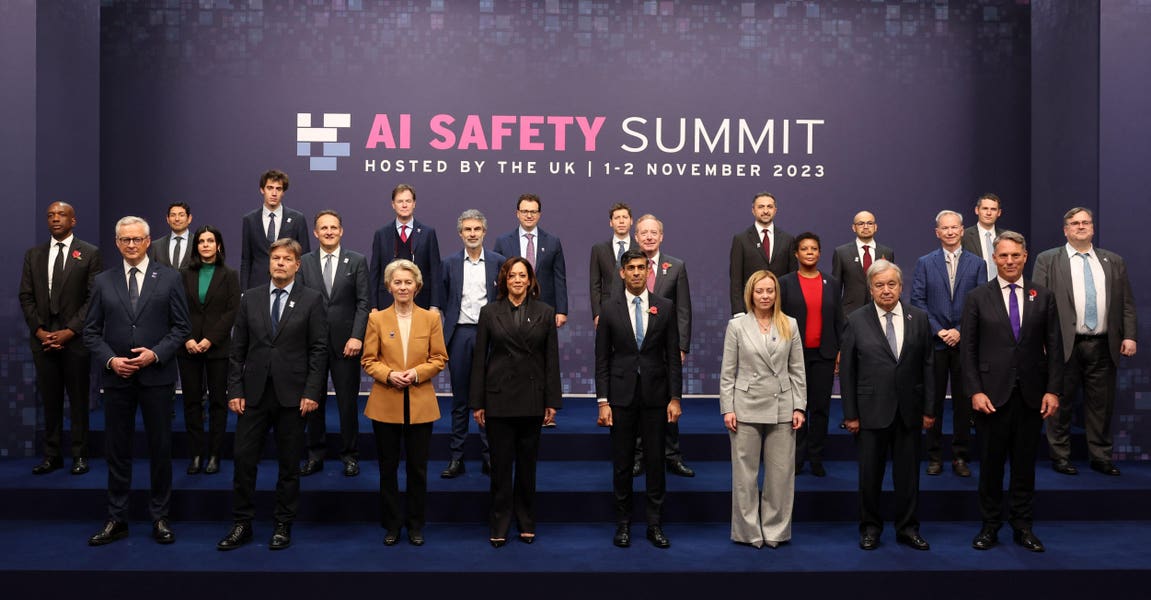A controversial proposal has resurfaced following the recent artificial intelligence health summit convened by U.K. Prime Minister Rishi Sunak—a notion to establish an “IPCC for AI” tasked with evaluating AI risks and guiding its governance. Sunak revealed that an agreement had been reached among allied governments to form an international advisory panel for AI modeled after the Intergovernmental Panel on Climate Change (IPCC).
The IPCC, a renowned global body, regularly synthesizes credible analyses from scientific literature on climate change to inform policy decisions. Similarly, an IPCC-like entity for AI could distill complex technical analyses into accessible summaries detailing AI capabilities, timelines, risks, and policy options for global policymakers.
An envisioned International Panel on AI Safety (IPAIS) would conduct regular assessments of AI systems, forecast technological advancements, and potential impacts. It could also play a pivotal role in vetting AI models before market release. Sunak secured a deal with top tech firms and summit participants to subject cutting-edge AI models to government oversight before deployment.
Drawing from the IPCC’s lessons, it is imperative to avoid the pitfalls of past climate policies. Criticisms of the IPCC’s reports include a perceived bias towards risks over opportunities, stifling of dissenting views, and potential politicization of scientific assessments. These concerns highlight the need for transparency and diversity in shaping global AI governance frameworks.
The parallels between climate activism and AI governance underscore the importance of inclusive decision-making processes. History cautions against entrusting exclusive academic elites with unchecked authority, as seen in past instances of obstructed progress and ideological dogmatism. Embracing diverse perspectives and fostering open scientific discourse is crucial to prevent the monopolization and politicization of AI research.
Furthermore, advocating for a global AI governance regime risks stifling innovation and imposing uniform standards that may not align with diverse national priorities. Rather than imposing rigid regulations based on consensus-driven scenarios, a more nuanced approach that accommodates varying risk tolerances and policy preferences across nations is advisable.
While acknowledging the need for prudent AI oversight, a balanced approach that avoids concentrating power in a select few is essential. Embracing decentralized guidelines tailored to specific risks, coupled with multi-faceted research and education efforts, can guard against the pitfalls of elitist decision-making in AI governance. By learning from past missteps and fostering a collaborative, inclusive approach, the potential of AI to drive positive societal change can be realized without succumbing to undue control or restrictive measures.






